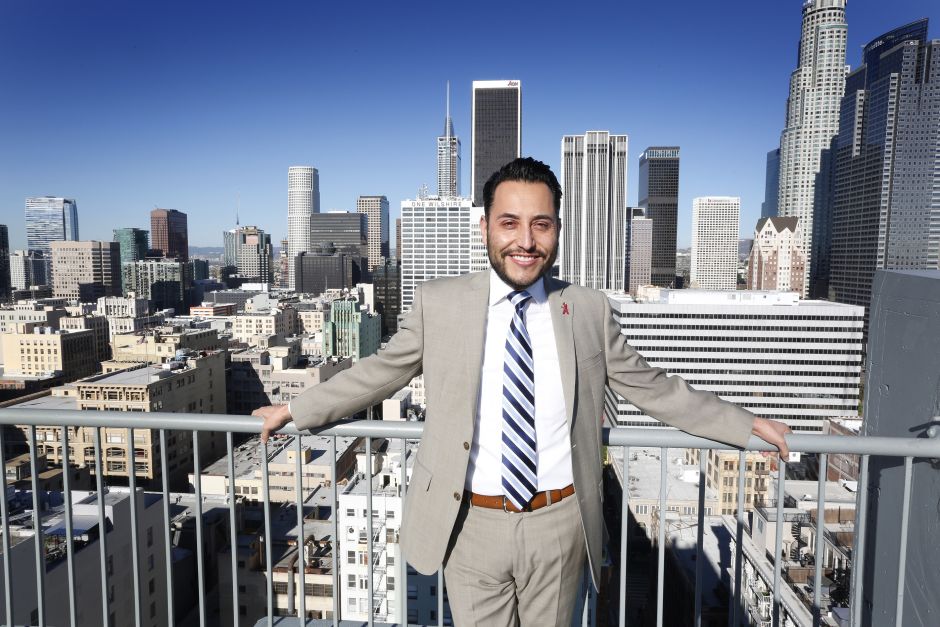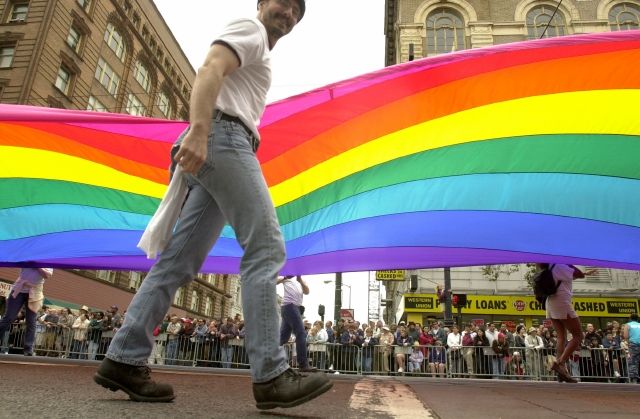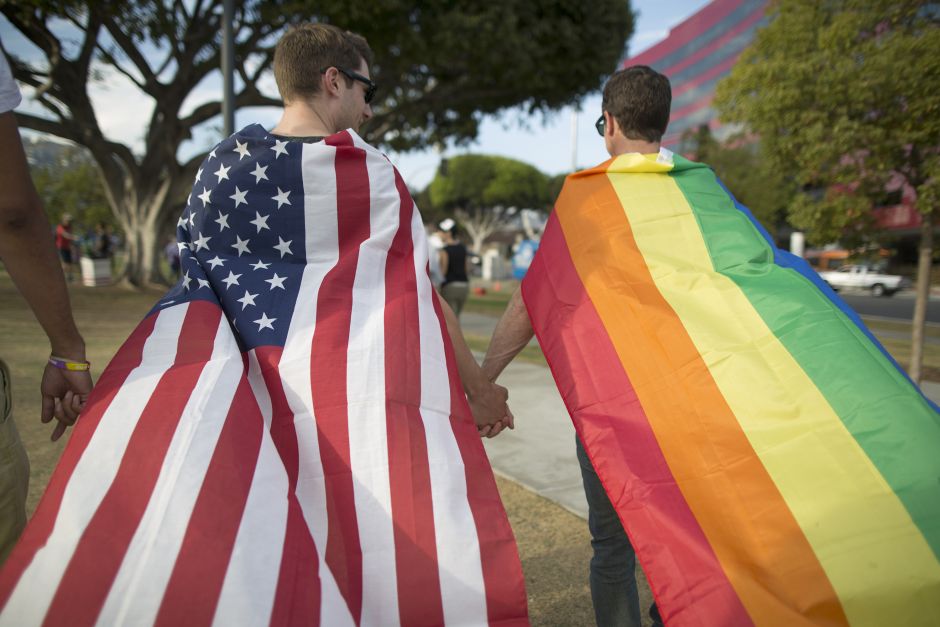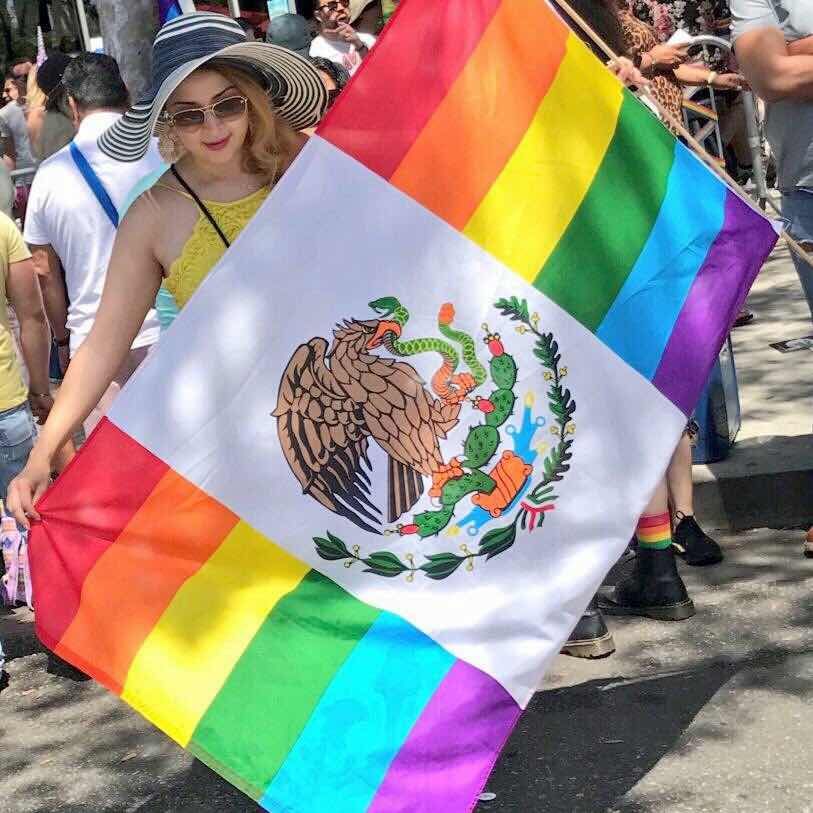Campaign launched for one million dollars to raise awareness and encourage them about the importance of participating in the 2020 census
The Equality California Institute launched a statewide campaign focused on the LGBT community to educate and encourage it to be part of the 2020 census by email, phone or online.
California is home to the largest LGBTQ population in the nation, but it is one of the most difficult to count.. In the state, LGBTQ enclaves like West Hollywood and San Francisco are at serious risk of losing a seat in Congress for the first time in history.
"Very often, the diverse LGBTQ community is counted less which detracts us power, representation and funding for programs that the most vulnerable members of our community need to survive.r, ”says Rick Zbur, director of the Equality California Institute.
"There is much that is at stake to allow this to happen in 2020. LGBTQ Californians will be counted," he says.
And he maintains that the 2020 census is nothing less than the struggle for his future, a future that values diversity and invests in the communities that need it most.
The 2020 Census takes every ten years to count every living person in the country. The Census Bureau and the California Full Counting Office have designated LGBTQ people as a hard-to-count population.
The members of this community belong to the many difficult-to-count populations such as those who experience the lack of a roof, are immigrants, minorities, renters and low-income people.

Why are they so hard to tell?
Fredy Ceja, a member of the LGBTQ community, says it is difficult to count them for cultural, religious, homophobic and denial issues.
“First we have to see who is the person who answers the questions when they come to touch the house. If parents or grandparents are asked questions, they will not answer about gender or if there is a same-sex couple in that home, and this is because they still don't want to know much, ”he says.
"The thing among Latinos, is that there are couples or people who prefer to keep their sexuality and relationships secret or private because of work or the circles where they move. By exposing that information, they think they are going to get them out of the closet, ”he says.
However, it is part of a process, the more society accepts this community, the more they will leave the closet.
Unfortunately, he believes that by not being open, they do not contribute to a correct count of the LGBTQ community, and that does not have enough for programs to help them.
“For example, 50% of homeless youth are LGBTQ. There are also many who are surrounded by suicide, but there is no funding to support them, ”he says.
On the other hand, it is a matter of protection. “The census pollster comes to your house. You do not know if he is a homophobic person. The house is something very personal, and I don't even know if I'm gay, and you know where I live. There is that fear and need to protect yourself that makes counting difficult and that ultimately affects us, ”he observes.

They go to the community
The nonprofit Latino Equality Alliance, which serves Latinos in the LGBTQ community in Los Angeles County, will partner with the Equality California Institute to manage a kiosk in My center in the Boyle Heights neighborhood to assist with the Census questionnaire.
"The 2020 census will be critical for the LGBT community especially for minority people," says Eddie Martinez, director of the Latino Equality Alliance.
“As a community of immigrants and working families we have to be counted. That will determine who represents us as elected officials and the equity of the resources that will support our schools, neighborhoods and homes, ”he says.
Even when the Trump-Pence administration eliminated plans to include questions related to sexual orientation and gender identity in the 2020 Census, participation is crucial.
The census will ask questions about race, ethnicity and gender, and for the first time a question is included that allows same-sex couples to identify themselves as husbands or unmarried couples.
It is worth saying that LGBTQ families are disproportionately involved in social programs such as Medicaid, and food stamps (SNAP), in which one in five families is enrolled. If LGBTQ Californians are not counted well, this will result in less federal funding for these families that depend on these programs to survive.

Outreach campaign
The Equality California Institute's campaign to get the entire LGBT community counted includes digital ads on social media and even in dating applications.
Also text messages with reminders that offer information, locate the local kiosks of the census. There will be kiosks throughout the state, and some dedicated to the bilingual LGBTQ population.
It will be promoted at local Gay pride celebrations, and at special events dedicated to this population; and they will knock on doors in Los Angeles County, among other activities.








